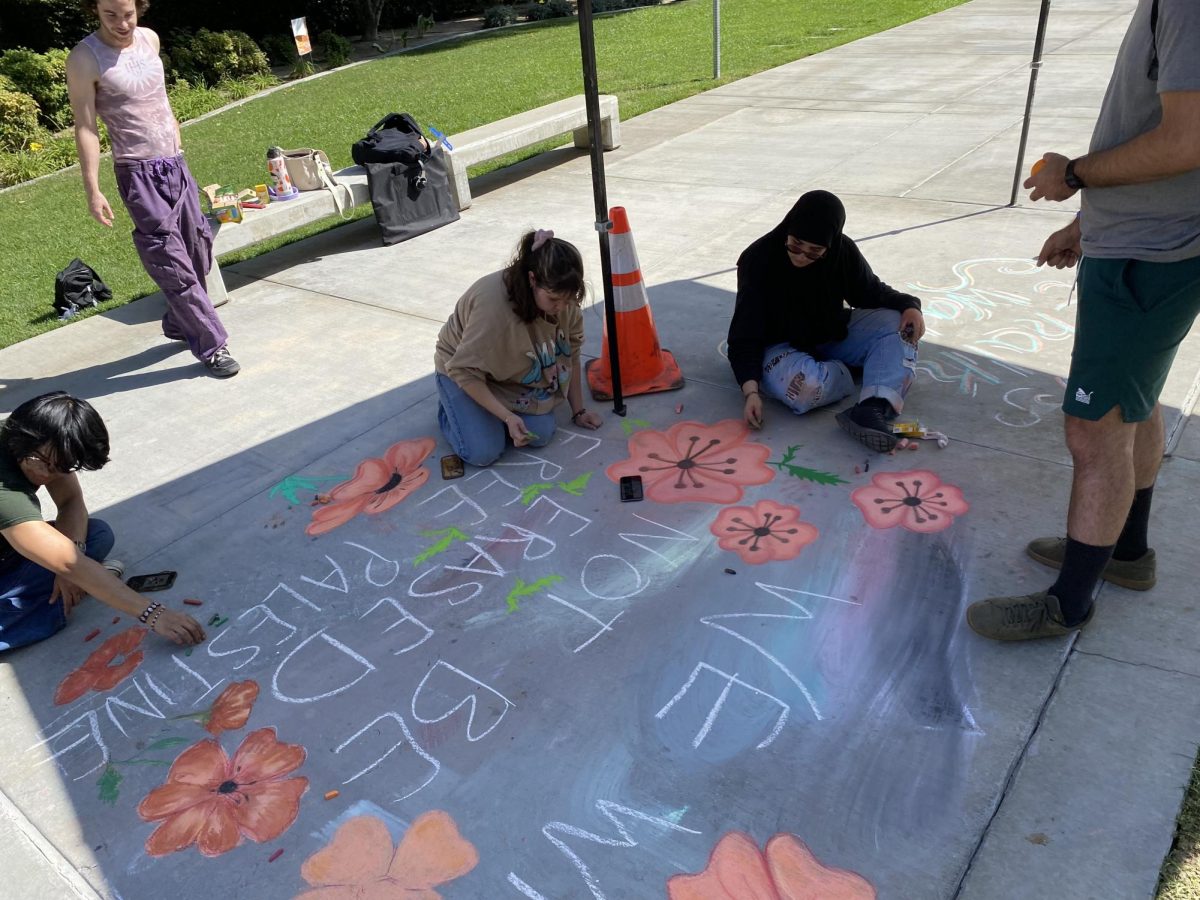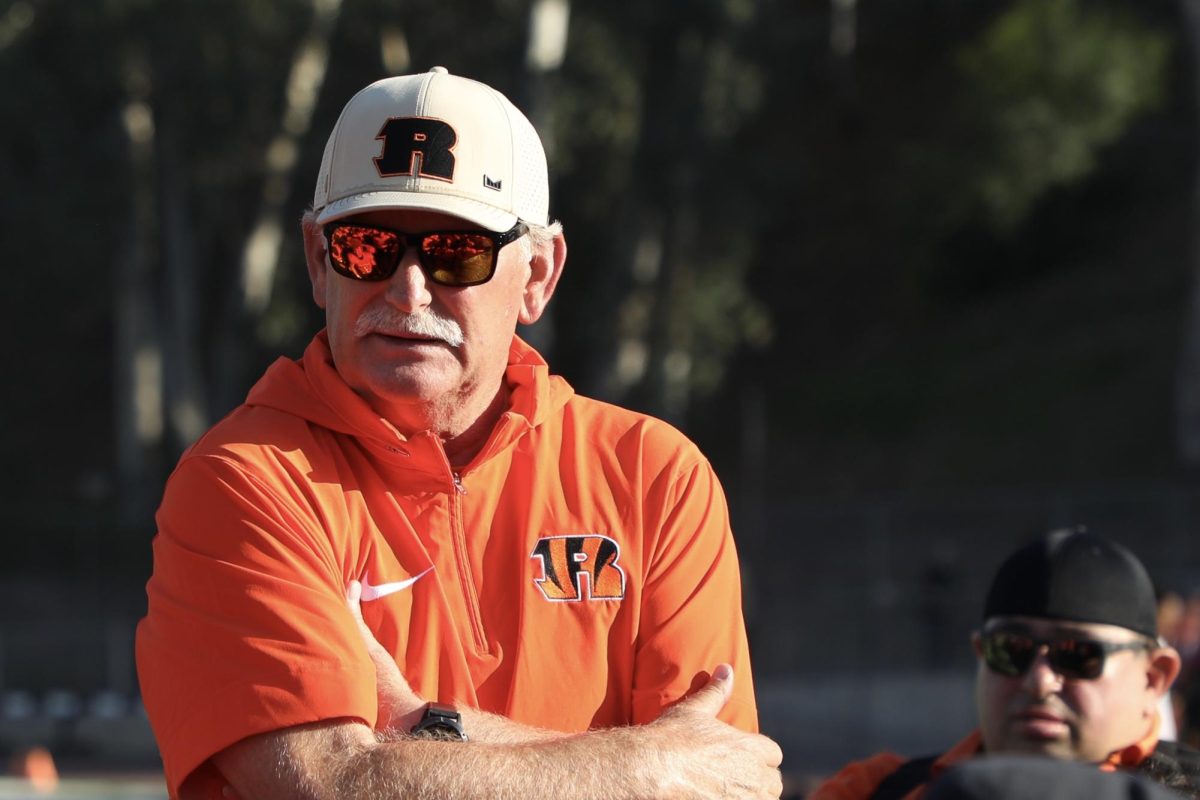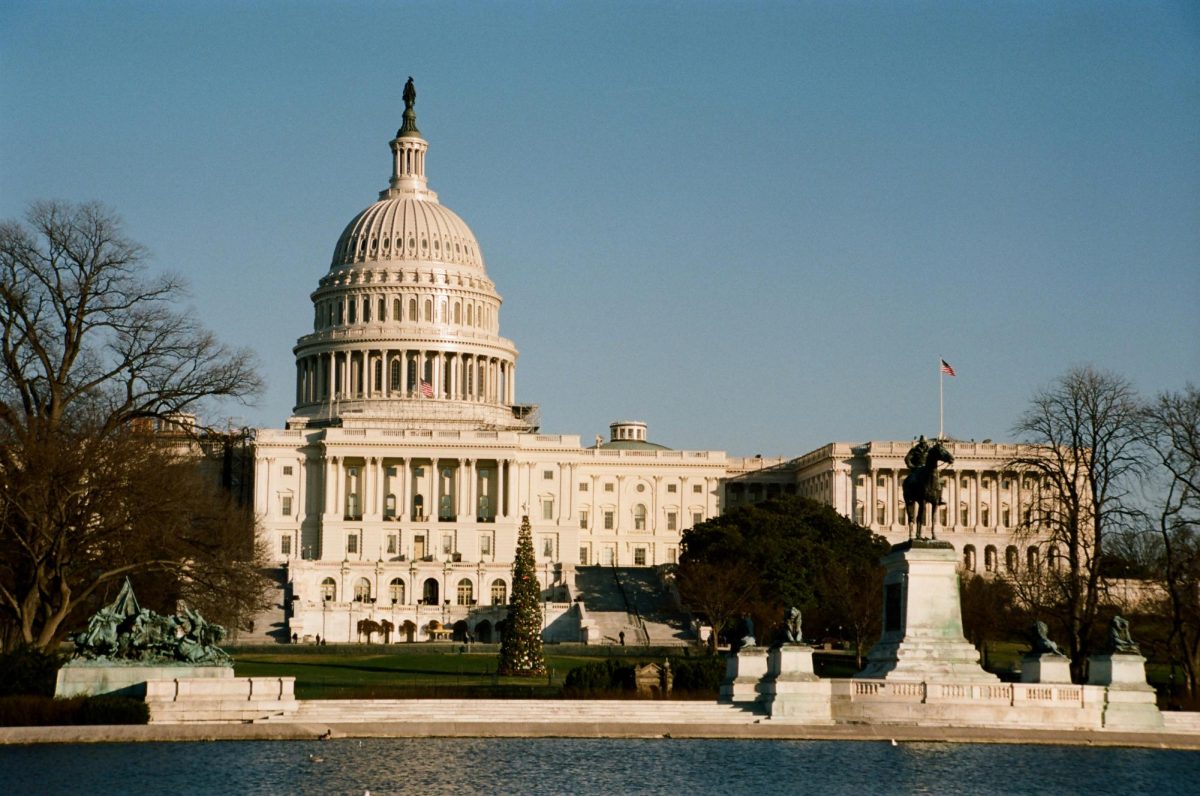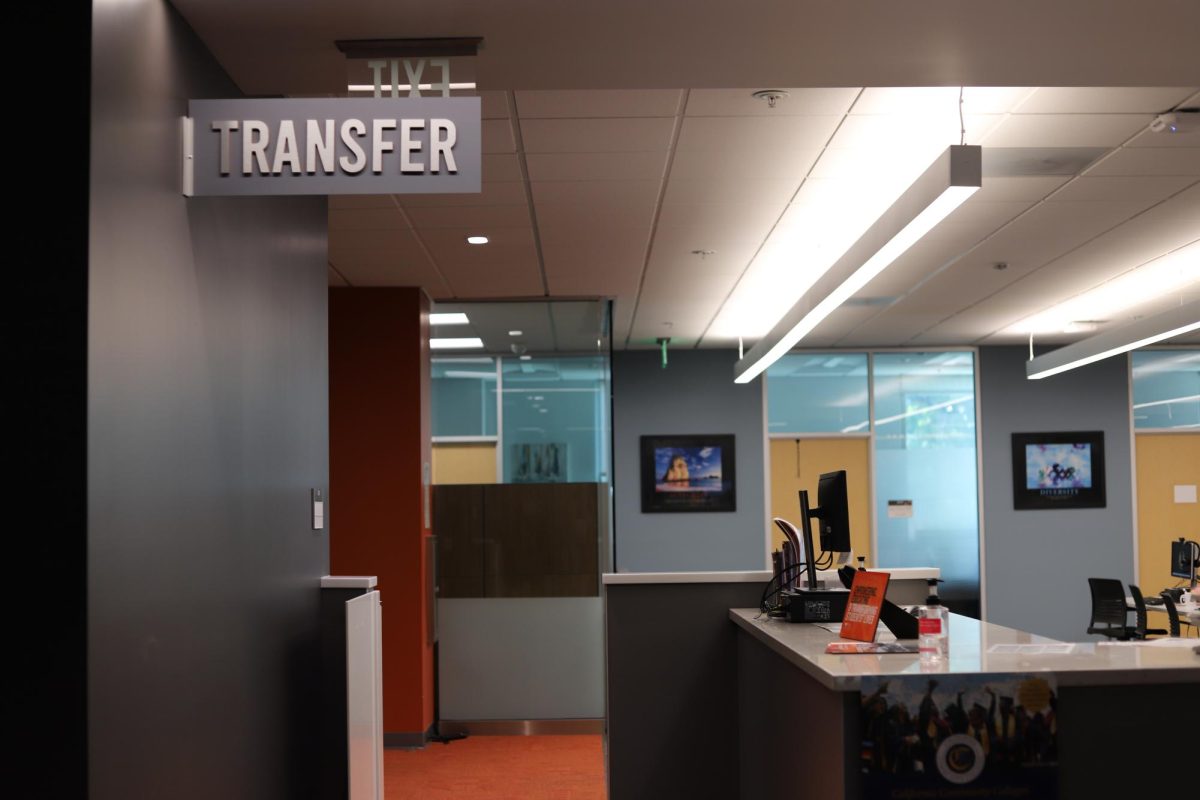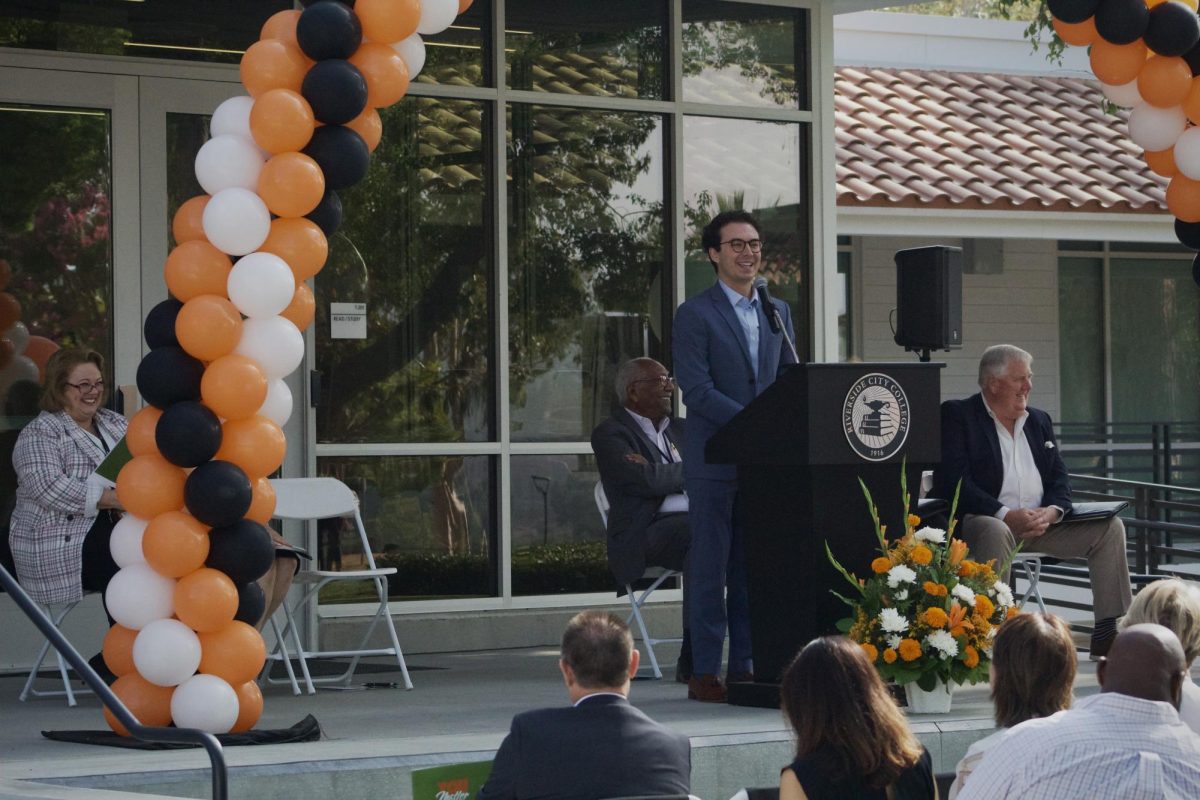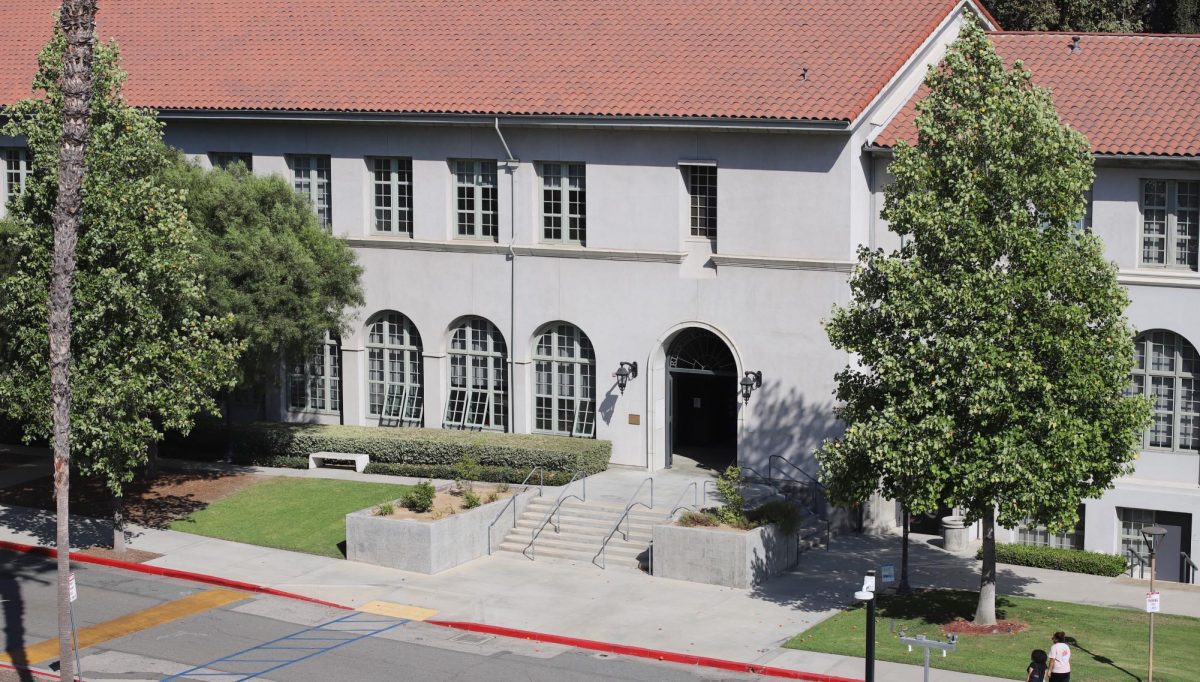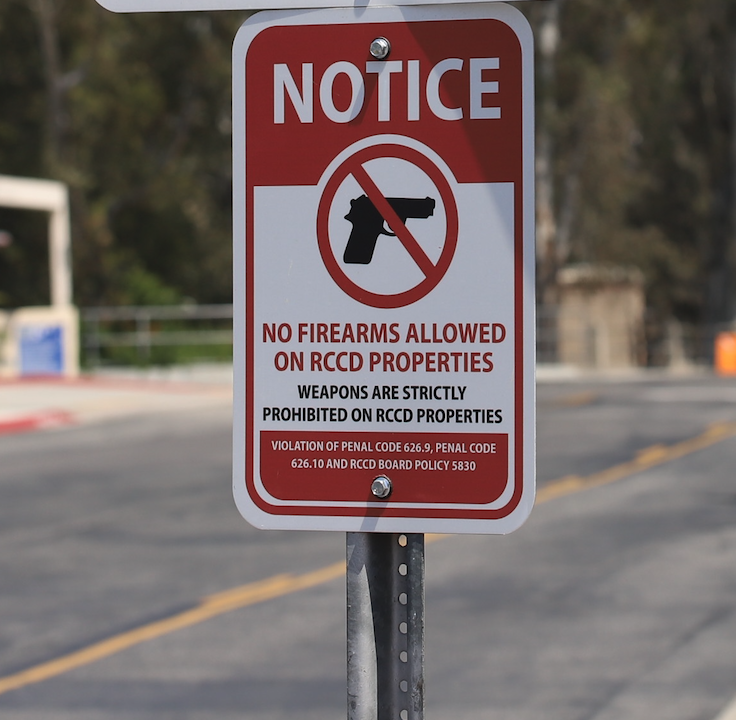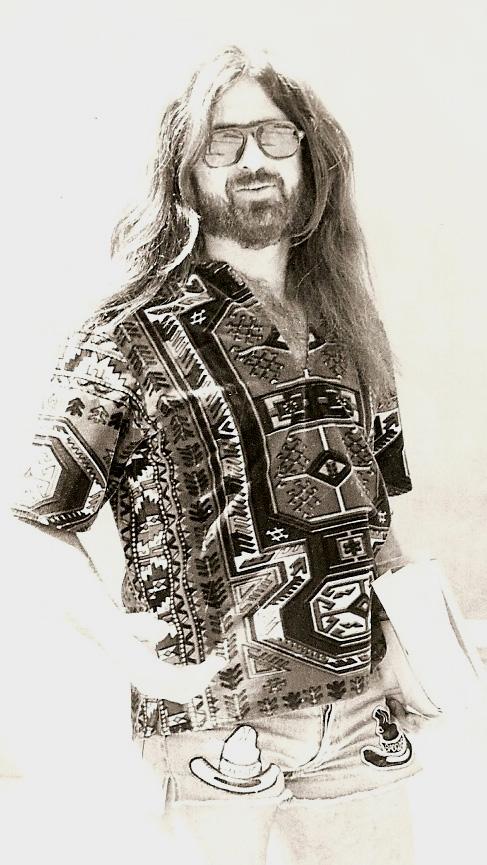
By Nahid Ponciano
A memorial service was held Sept. 9 for Professor Emeritus Al Parker of Riverside City College.
Many were impacted by the loss of Parker who died June 8 in his home surrounded by his family. He taught Latin American history and political science at the college since 1969 and continued to teach courses online after he retired.
During his time at RCC he was adviser for the Ski Club and Mecha, Movimiento Estudiantil Chicana/Chicano de Aztlan, a national student organization that unites Chicano students to enhance the development of their society.
Gerard Forlenze, colleague and history instructor at RCC, describes Parker’s goal as he believes it should be the goal of all instructors.
“He wanted them to learn and understand history.” Forlenze said. “Understand that if you don’t know where you came from you don’t know where you’re going because you have to understand your past.”
Not only did Parker stress the topic of history but how his students obtained this information.
“His passion was the classroom and helping them succeed,” colleague Kristi Woods said. “They always had conversations about what to do and what we could do better.”
This served to be true as former student Richard Kennedy, who took one of Parker’s Latin American history classes, explains how his view on the subject had changed.
“Even at his age he was always on top of the latest research and the latest historical arguments so again that kind of made me realize that history is an ever changing story,” Kennedy said. “It’s not one story and it’s not one narrative. It changes overtime and to see him reflect that was important to me as a student.”
Along with being the best professor Parker could be in the classroom he also made sure to be as involved, approachable and emotionally available.
“Seeing that human side is very impactful and that changed my life forever,” Kennedy said.
Due to Parker being open with his students, Kennedy has decided to pursue teaching and is currently working on his credentials.
Bill Osborn met Parker in 1973 as he was taking one of his classes which he quickly dropped. They maintained a friendship even after the fact and it soon turned into a family bond.
“He and his family pretty much embraced me to the point where when we stopped by at dinner time there would be a dinner plate on the table for me. It was that kind of a relationship,” Osborn said. “He was very supportive of me which over the years my own family didn’t even do that.”
Parker’s caring and understanding carries through to his proud widow and children as they state how they feel toward the response of Parker’s death.
“It’s nice to see how many lives that our dad has touched,” said Parker’s daughter Michelle Frahm. “To see them here to remember him.”
“We’re just really looking forward to seeing people, hearing stories and celebrating his life,” daughter Deirdre Kirkwood added. “I don’t think he’d want to be mourned. He loved everybody. If there’s somebody here then they’re here because they touched him and he touched them and that’s really special.”
Parker’s widow Kim Metcalfe is grateful for the response and honored to have been his wife.
“Seeing an outpouring of love is really special and important to me,” said Metcalfe. “He was truly the greatest man I really ever knew.”
She explains what made Parker so relatable to students was the fact that he had formerly been a physics major at UC Los Angeles until he heeded the counseling of a professor and switched his major to history.
“Sometimes our students haven’t found their passion,” Metcalfe said, “They don’t know what it is that they really want to do and it’s your journey through school and I think he always understood that and that’s what made him even more remarkable.”


